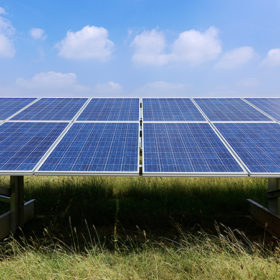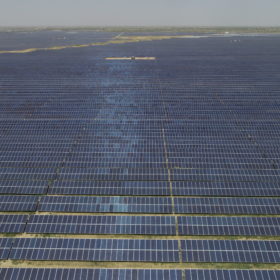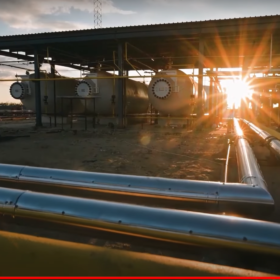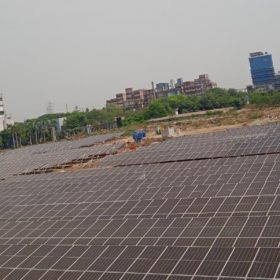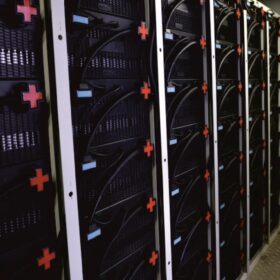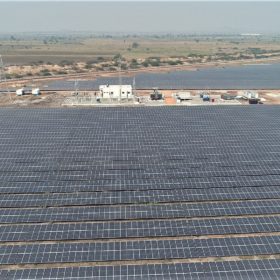IREDA reports record profit in FY 2022-23
Indian Renewable Energy Development Agency Ltd. (IREDA) recorded an all-time high annual net profit of INR 865 crore in FY 2022-23. The profit was up 36% over FY 2021-22. Loans sanctioned and disbursed also hit record levels.
SECI recorded over 59% jump in RE power trading volume during FY 2022-23
Solar Energy Corp. of India Ltd (SECI) traded over 35 billion units of renewable power during FY 2022-23. Revenue from power trading surpassed INR 10,000 crore.
India will require INR 9 trillion capex to meet 2030 green hydrogen target
A new report says India will require INR 5.5-6 trillion to create 115-125 GW of renewable energy capacity and INR 3-3.5 trillion to meet 35-40 GW of electrolyzers requirement in order to reach green hydrogen production capacity of 5 MMT per annum by 2030.
BPCL to build 240 MW of solar, wind farms this fiscal
The state-run oil and gas company will build 240 MW of renewable power generation capacity with an investment of INR 1,600 crore this fiscal. The capacity will purportedly supply power for its refineries.
IndiGrid raises $138.84 million debt finance from IFC
International Finance Corp. (IFC) has subscribed to IndiGrid’s listed, non-convertible debentures aggregating to INR 1,140 crore (($138.84 million).
ReNew raises $400 million via green bonds
The developer said the funds raised would go towards refinancing its existing dollar debt and funding various growth initiatives.
Gensol Engineering revenue soars 144% in fiscal 2022-23
The Ahmedabad-based solar EPC and advisory services provider has recorded a revenue of INR 391.61 crore for the fiscal year ended March 31, 2023, defying the headwinds posed by volatile commodity prices.
Tata Power Delhi discom signs $20.2 million financing deal with ADB
Tata Power will use the secured financing to enhance Delhi’s power distribution through grid enhancements and a battery energy storage system.
Grew wins 2 GW wafer-to-module capacity under PLI Scheme
Ahmedabad-based Grew Energy will receive incentives of INR 566.71 crore for 2 GW of integrated wafer-cell-module manufacturing.
Amp Energy India wins 1 GW solar cell and module capacity under PLI Scheme
The renewable energy developer has won incentives of INR 140 crore ($17 million) for 1 GW of integrated solar PV cell and module production capacity.
